Discovery of new Knowledge
Roadmap
Inception.
- Network science models to explore topology of knowledge landscapes, inspired by the works in economic geography and economic complexity.
Benchmarks.
- Topological models to combine and organise multi-partite knowledge graphs.
- Development of first version of discovery engine to compute the context of an entity.
- Quality of results benchmarked VS state-of-the art recommender systems (Google, Thomson&Reuter ).
- Tested implementation of knowledge graphs and recommender systems in no-sql, graph database and hybrid solutions.
- Engineered knowledge graph pipeline reducing cost 10x, enabling insights also for organisations with small IT capacity.
Experience.
- User-centric visualisation to overview and summarise learning paths in knowledge networks.
- Visualisation and Voice interface tools to speed up creation of conceptual maps for digital and printed materials.
- Market tests for portable discovery experiences (B2C mobile apps) and services to explore proprietary and open datasets (B2B web apps).
Contextual Research.
Web platforms for contextual research.
- Designed modular information architecture and APIs to leverage contextual research on multiple domains, continuous update of knowledge networks, aggregation of multiple sources.
- Deployed first algorithms to query for learning paths in between of multiple entities.
- Named Entity Linking with Wikidata.
- “Plug-and-Play” Data-visualisation library.
Reasoning on economics networks.
Artificial Intelligence on Graphs’ Topology.
- Reasoning over knowledge networks.
- Forecasting evolution of knowledge.
- Analysis of economics networks of intangible assets.
Traceability of generated value.
Decentralisation models applied to intangible assets.
- Tokenisation of assets in prosumer networks for life-long learing.
- Social impact addressing inequality, inclusion and sustainable use of human capital and innovation outputs.
Contextual Research Platforms
Contextual Research Platforms are products to faciliate entry in new research and learning areas.
They visualise complex queries to strategically overview learning paths in between of multiple concepts, like maps of knowledge and industrial landscapes. On top of connections and concepts, they aggregate content to support life-long learning: discovery of multi-disciplinary connections and search for related documents, news, videos and media are kept in one place.
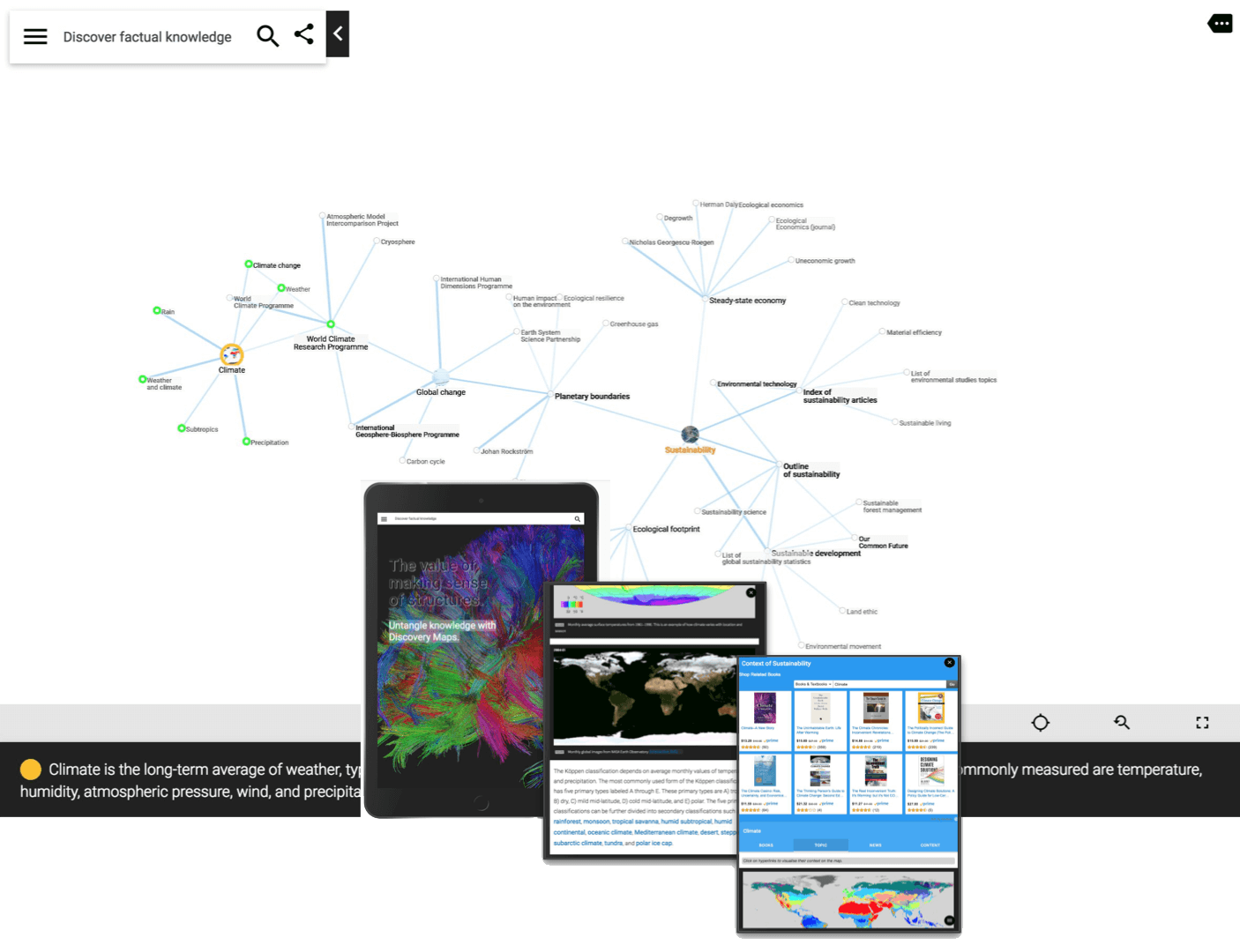
Factual Knowledge Discovery for schools, public knowledge, investigative journalism.
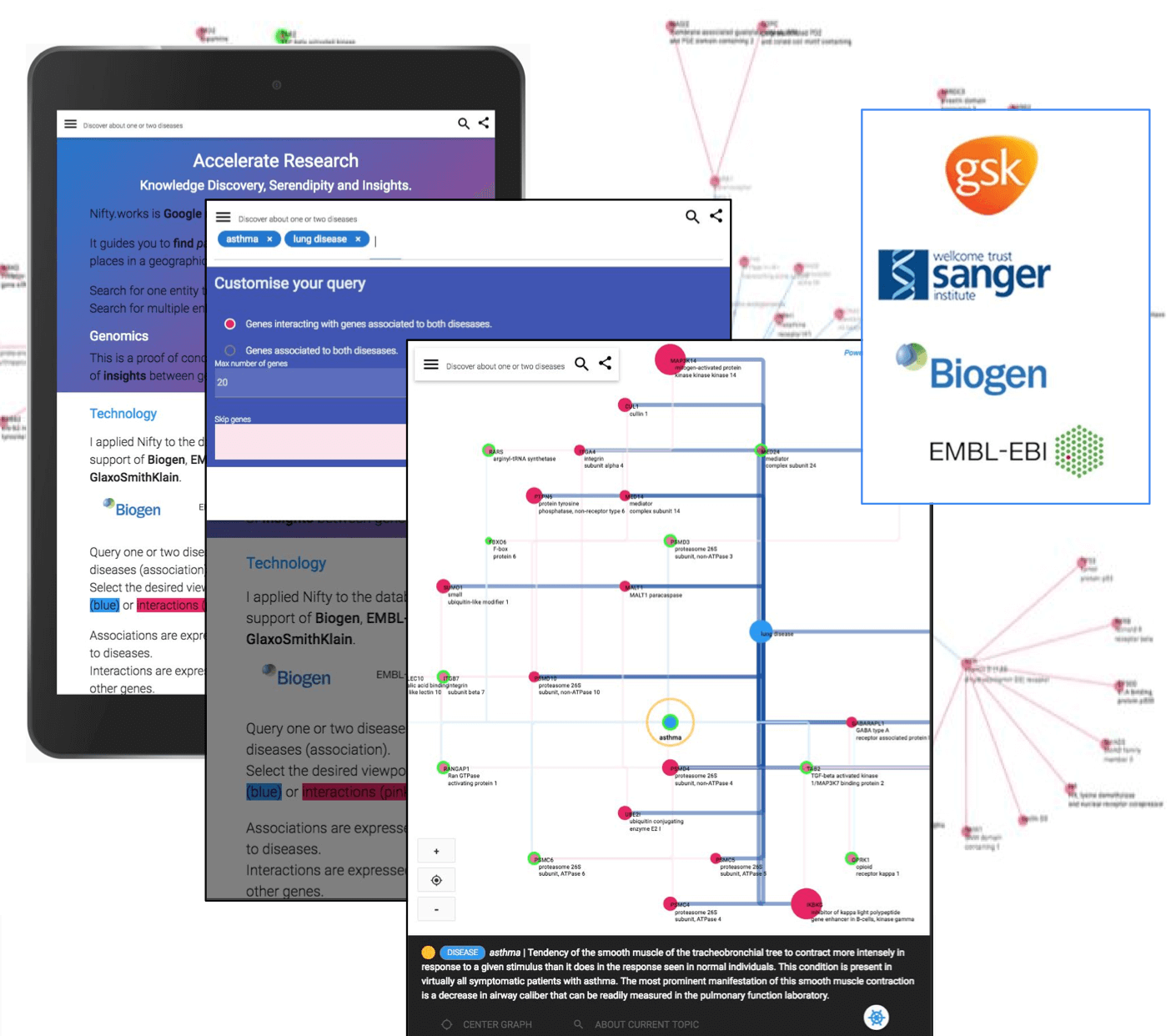
Genomics Discovery Interface. Helping bioinformatics to navigate genomics expressions correlated to diseases.
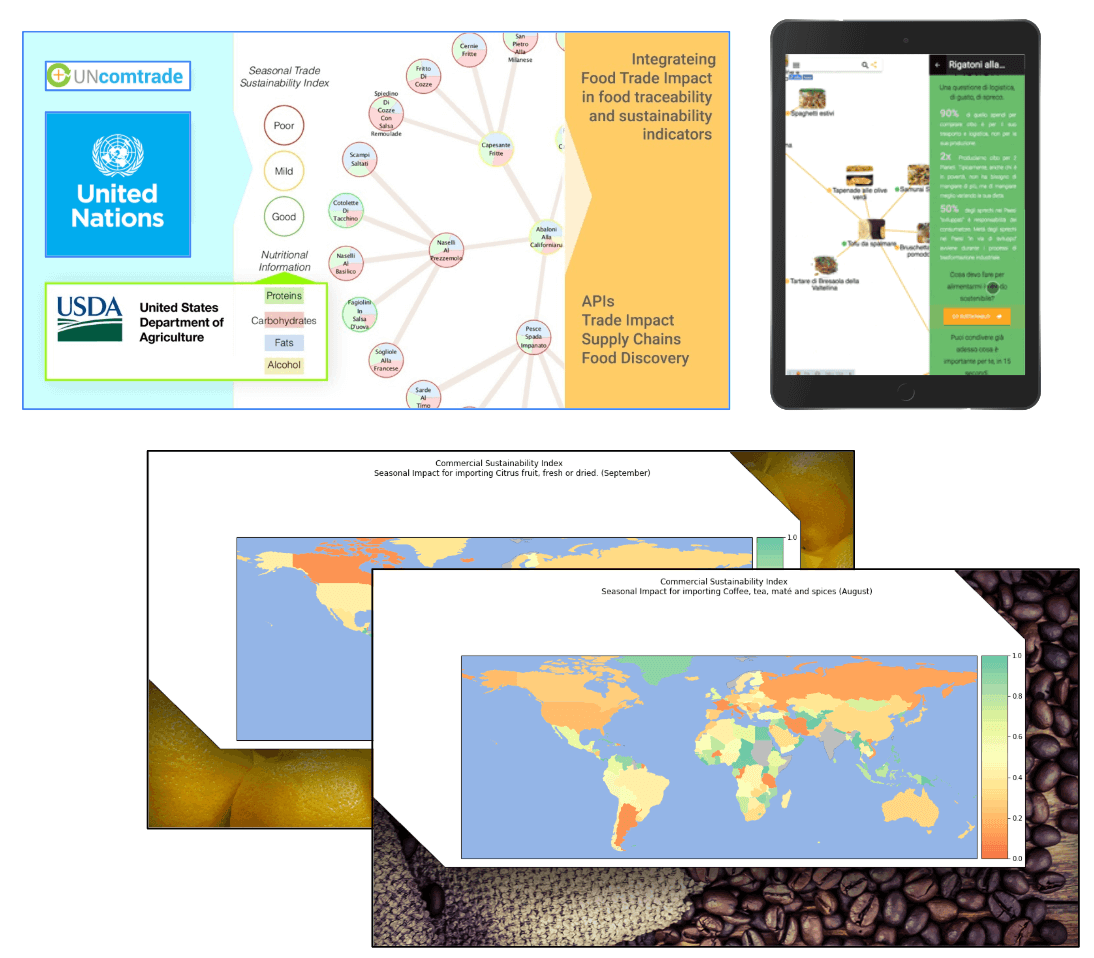
Discovery of Sustainable Food. Helping changing dietary habits, by exploring world food knowledge. Each recipe can be mapped to km 0 shops, restaurants as well as to sustainability indexes uncovering footprints of ingredients’ supply chain.
Whom for?
Education
Students and learners can access the key concepts of new disciplines before studying them.
Knowledge maps allow to save time in understanding the context of a subject when is not yet known enough, such as: exploring a domain for the first time; anticipating the technical concepts in prototyping and applied research; searching for answers to questions still to vague to be precisely asked in Q/A websites.
Learners comprehensively overview a domain as a preliminary learning activity: they can navigate and discover connections between concepts, and access to sources related to a knowledge map, its concepts and the relationships between them.
Maps automatically aggregate sources like publications, books, news from structured and unstructured data. Learners and professionals can value their own expertise and enrich maps with content like essays, articles, data-visualisations and videos explaining and contextualising a subject to a specific case.
Strategy
Multi-disciplinary researchers can save time in innovation strategy processes.
Platforms map knowledge landscapes of one or more interconnected industrial domains.
Use cases have been applied to business intelligence (lead generation, prospect of strategic partnerships between organisations, market research); life-science (helping bioinformatitians in strategizing research between genomics expressions and diseases); prior-art (searching for similar innovation in different fields of applications; searching for hidden connections in academic and patent landscapes).
Decision makers
Managers and decision makers can overview and summarise complex subjects, to prioritise areas where to invest in aquiring new skills and deeper insights.
Accessing the context before learning about details helps to speed up decision processes and to anticipate the critical paths.
Communication of Science
Professionals in publishing and communication of science can facilitate their audience to comprehend complex subjects.
Maps created with platforms are automatically entity-linked, to increase discoverability of content and reach out to public audiences, and support aggregation of documents, media and data. A story told with a knowledge map uncovers the connections between concepts of science, technology, their applications and historical background. The reader can uncover the context of topics and concepts that are new or difficult to understand, like technical keywords, having access to a deeper comprehension of the content.
Investigative Journalism
Professionals in journalism industry can facilitate their audience to comprehend complex stories and persist references of factual information.
A story told with a knowledge map divulges the connections between organisations, their outcome and the personalities involved. Maps aggregate news, documents, media and data.
Maps created with platforms are automatically entity-linked, to increase discoverability of content and reach out to public audiences. The reader can transparently access the context of entities previously mentioned by other stories, with increased awareness on the actual impact of organisations and personalities mentioned in the news.
Life-Long learning
Authors can promote own expertise by creating custom maps that help learners to reduce time to comprehend and apply core multi-disciplinary skills to a specific case.
As an example, content creators can uncover the critical learning path for creating a prototype, while readers can be quick on the uptake of fundamental concepts for replicating open-innovation steps.
Authors can flexibly aggregate content for each map, each concept or each connection. Maps are shared by default as open-data objects to accelerate acquisition of new skills, particularly oriented to open-innovation, prototyping and catering for valuable insights in between of diverse disciplines.
Discovery Engines
Discovery engines are connectomes to organise and infer new connections.
Recommender systems
Discovery engines are used to map industrial domains and create knowledge networks reflecting an industrial area, to navigate through and forecast relationships between concepts, scientific articles, patents, organisations and people involved in.
Knowledge graph pipelines
Discovery engines leverage knowledge graph architectures.
We created knowledge graph pipelines suited also for organisations with small IT and data-science capacity.
Small and medium organisations can bootstrap knowledge network architectures with minimal resources, having access to actionable insights at 1/10th of the cost respect to big-data implementations and graph-database architectures.
We can also assist to set up collaborative data-science environments on top of local knowledge networks, so to exploit GPU cloud-based computation only if and when needed.
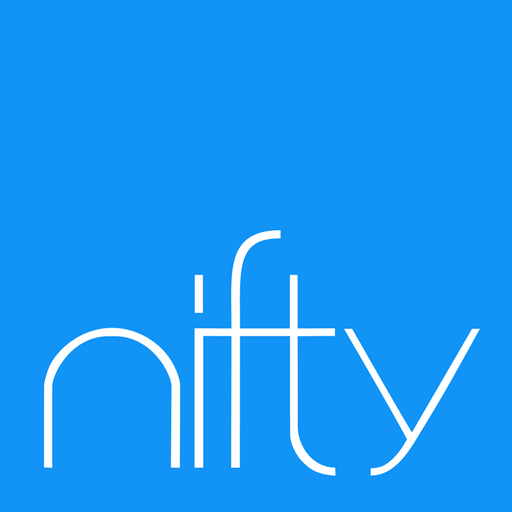

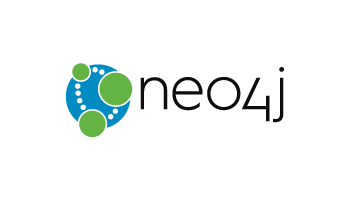
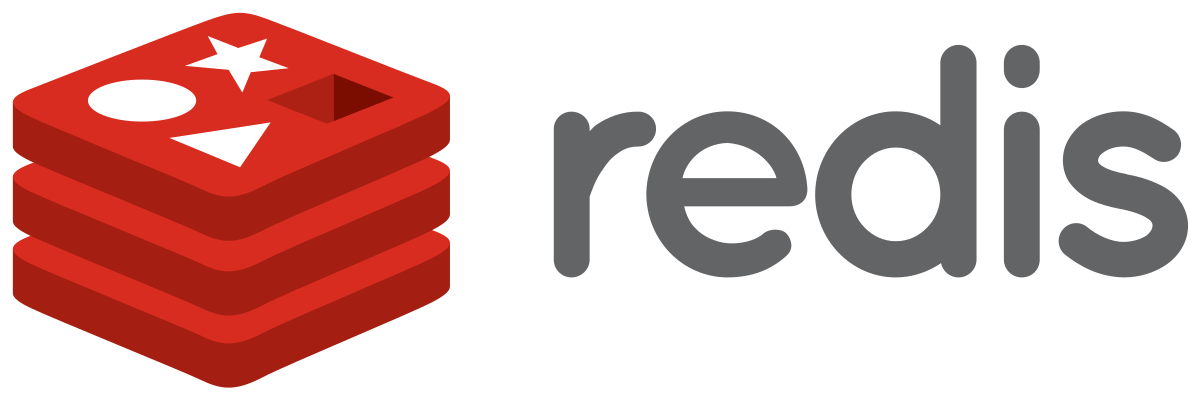

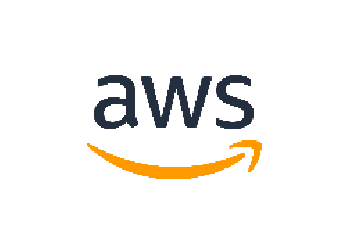
Synthetic knowledge production
Synthetic knowledge production is the research area that study reasoning over connectome of knowledge, and forecast how knowledge structures evolve in time.

We chose “Creation of Adam” by Michelangelo Buonarroti to tell about sythetic knowledge production. We are set to explore this kind of questions: What should I be aware to pull together diverse concepts, like “Life” and “Artificial Intelligence” ? In which other fields of application could an innovation be adapted to ? What if we could forecast the evolution of knowledge structures, and manipulate economics to maximise the information gain and minimise the negative externalities affecting the whole ecosystem ?
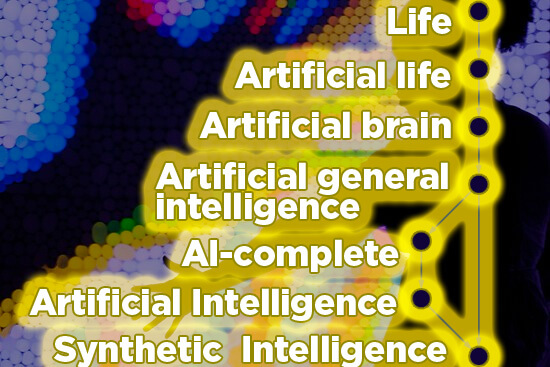
Reasoning about Life and Artificial Intelligence - automatic suggestions by Nifty.works’ generic discovery engine. Each suggestion can be different: instead of shortest paths between topics, the discovery engine focuses on learning paths that are sufficiently complex to embrace the context of different areas, mimicing reasoning.
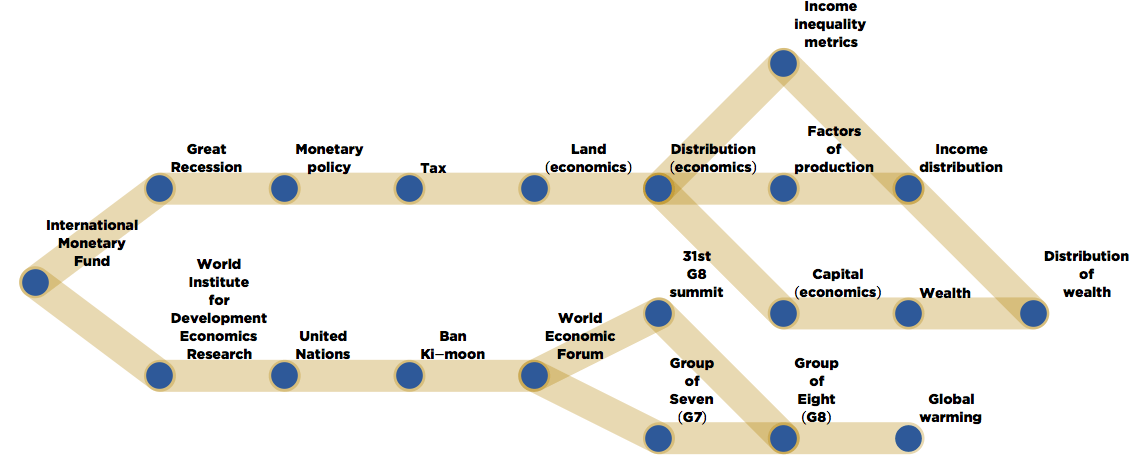
Reasoning about Global Warming and Wealth Inequality - automatic suggestions by Nifty.works’ generic discovery engine. Each suggestion can be different: this example brings up global warming as associated to monetary policies implemented over economics resources, whose distribution determines wealth inequality.
Social Impact
We engage in data-driven research for models to improve the distribution of value in economics networks. We plan use of science, technology and design to support cultural inclusion.
Role of Capital in economics networks
We research on governance models to embed, by design, sustainability feedbacks in economics networks. Knowledge networks represents economies of intangible assets. Our vision is to leverage on knowledge systems to accelerate innovation by improving access to knowledge as a form capital. The focus of our research is on decentralising access to capital: making the entrepreneurial cost to innovate affordable to masses as well as mitigating the crescent wealth inquality due to accumulation of capital return.
Communication of science and cultures
Public Versions of contextual research are used to divulge and communicate complex subject to public audicences. Museums and cultural centers can create and share custom knowledge maps in minutes; the process of creating maps automatically supports SEO practices as entity linking with facutal knowledge graphs as Wikidata or Google Knowledge Graph, and the experience to make discovery easy and fast for everyone. Exported maps can also be used for initatives oriented to cultural awareness and inclusion of diversities.
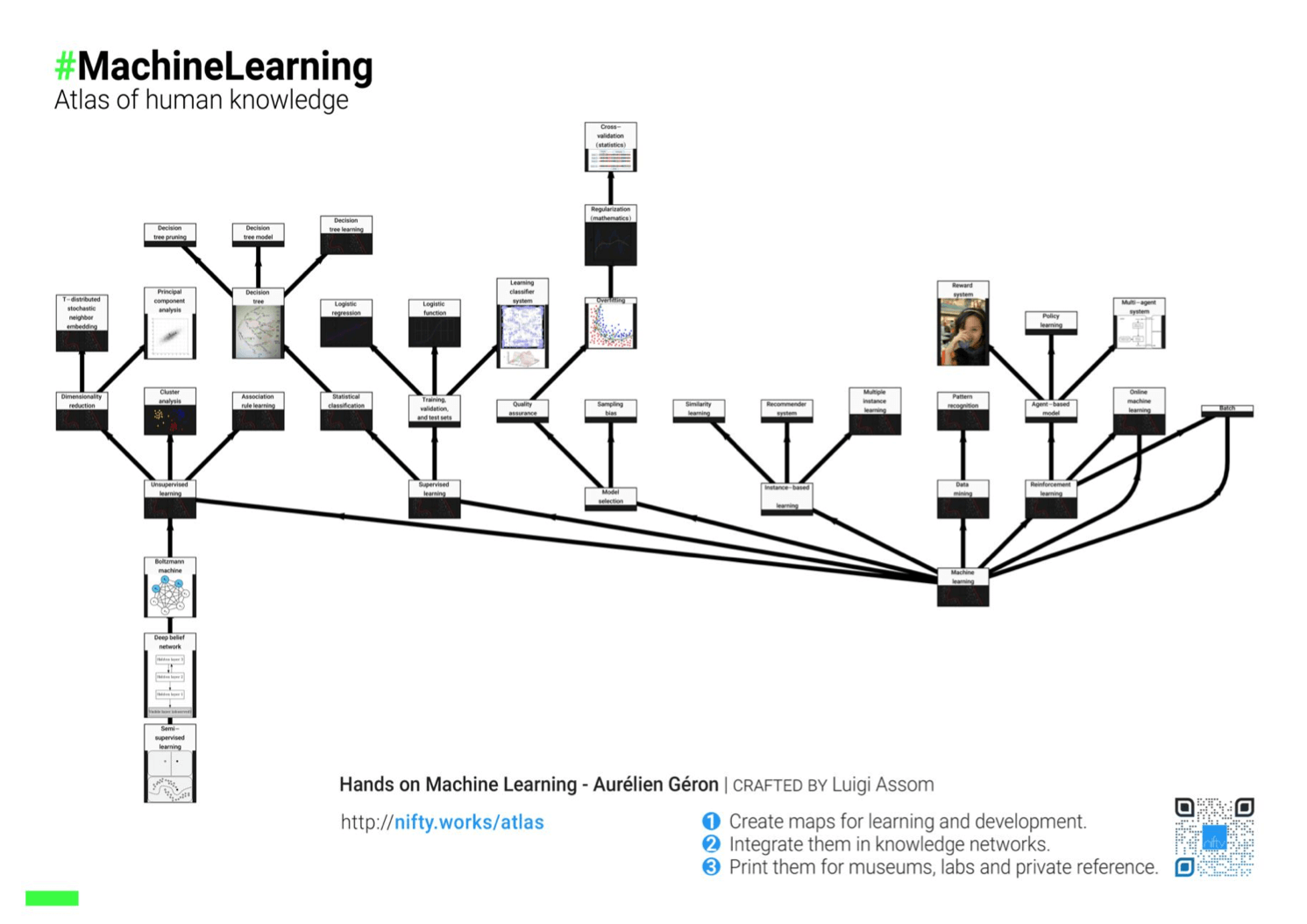
Museums, communicators of science and cultural centers can create hands-on knowledge maps - in minutes.
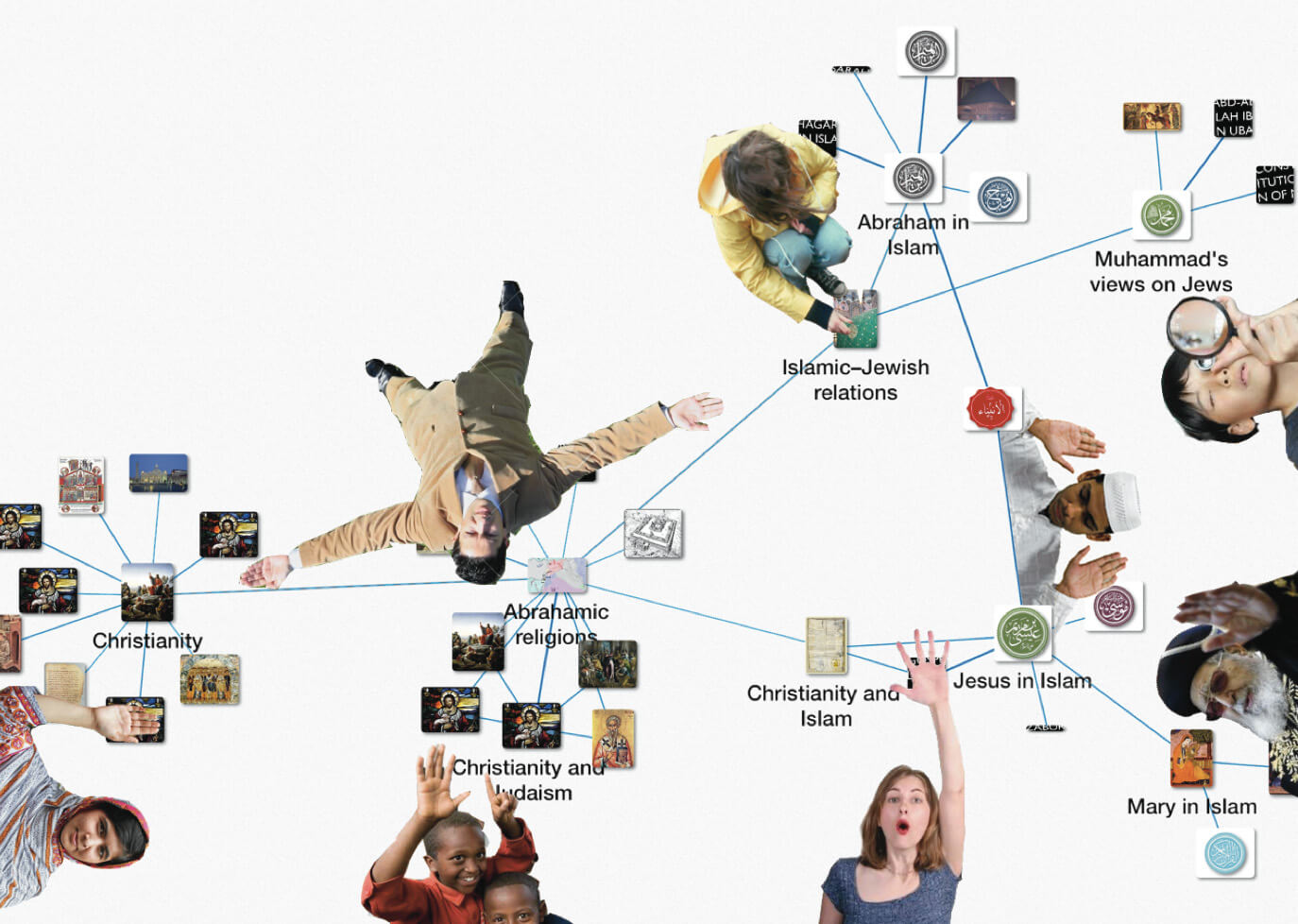
Gamification concepts for interactive walls: paths between cultural diversity can foster patterns of inclusion for experiential learning and mutual recognition.
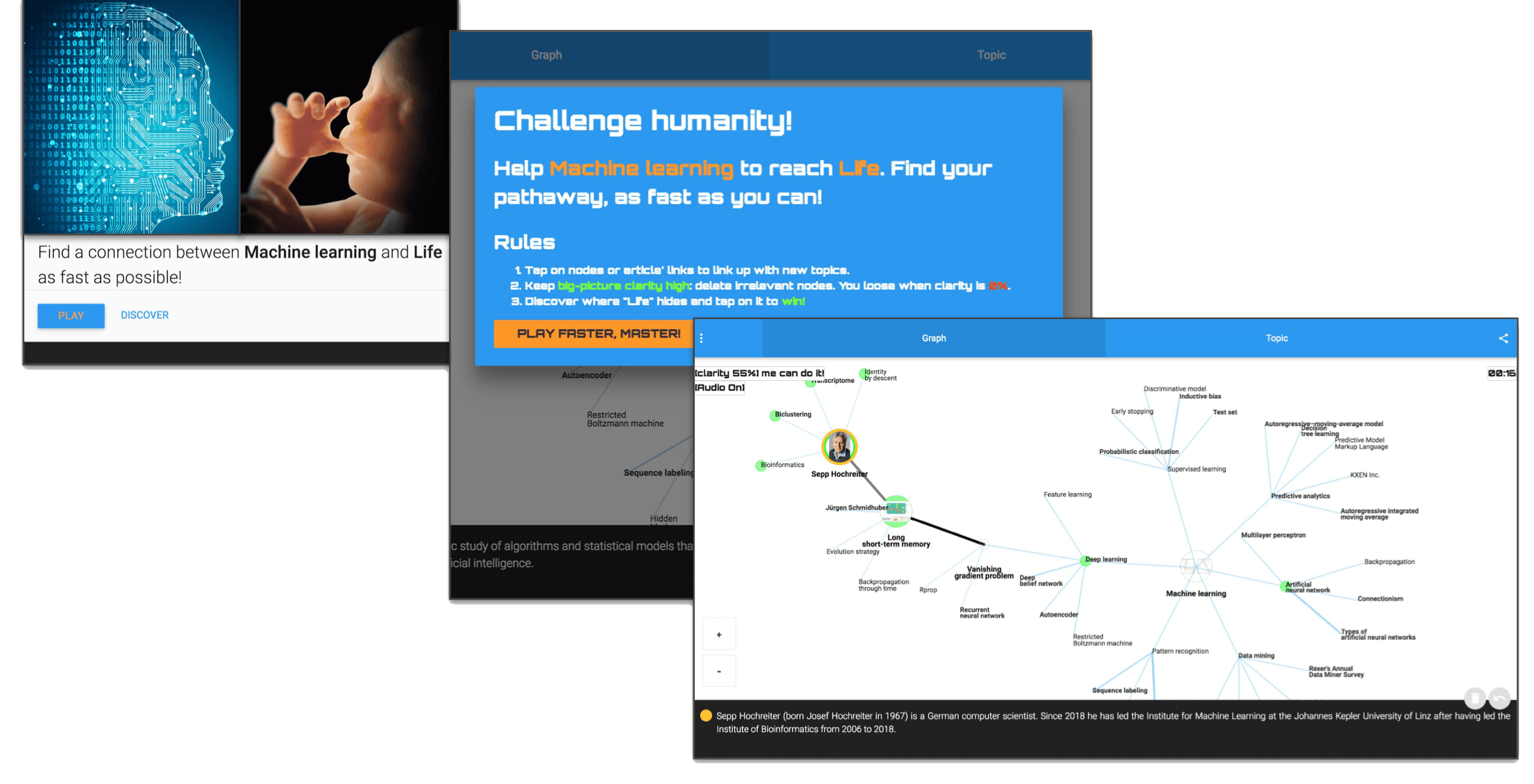
Gamification concepts for interactive walls: concept interfaces. Who is the quickest to connect the dots between diverse backgrounds?
Gamification of culture
Knowledge maps are objects that visualises the queries from the discovery engines.
They can be used in cultural applications and embedded in processes to create cultural assets.
See below some prototypes of gamified interactions for social impact: challenge your opponent in who's the first to reach the other background. Be creative, and think out of the box how to concepts may be connected - or query the discovery engine to find a solution. While there is no absolute truth in cultural answers, these games helps to raising the right questions.